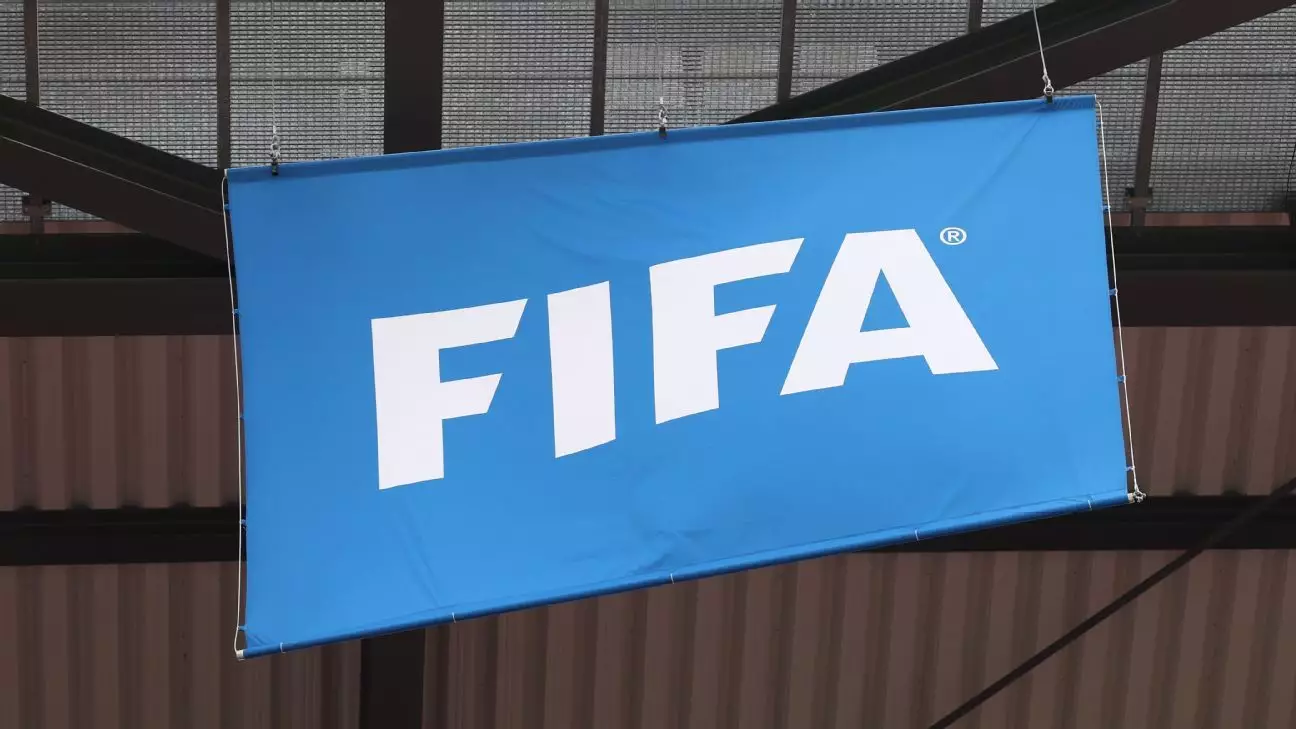In a notable development within the realm of football governance, the European leagues and the global players’ union, FIFPRO, have filed an antitrust lawsuit against FIFA, asserting that the global football governing body is misusing its dual role as both tournament organizer and regulatory authority. This legal dispute, raised in Brussels, reflects a growing concern regarding player welfare and the congested football calendar, an issue that has been increasingly scrutinized by players, coaches, and clubs alike.
The stakes in this lawsuit are high, as both FIFPRO and the European Leagues argue that FIFA’s management of the global football calendar is detrimental to players. Javier Tebas, the president of LaLiga, described the day of the lawsuit as one of the most pivotal moments in football history, drawing parallels with the preceding fight against the controversial European Super League. Richard Masters, the head of the Premier League, echoed such sentiments by stating that football has reached a “tipping point” where urgent reforms are needed.
FIFPRO has previously attempted dialogue with FIFA regarding these pressing issues, seeking a collaborative approach to outline a more balanced football schedule. Yet, their proposals have allegedly been summarily dismissed by FIFA, which raises questions about the regulate-and-promote model FIFA has adopted. The governing body is accused of prioritizing its own competitions, especially with the impending expansion of the Club World Cup to be held in the United States.
The discourse surrounding player workload has intensified as matches pile up and competitive formats expand. Players like Manchester City’s Rodri have voiced concerns about impending unrest, suggesting that players are on the brink of a strike due to unsustainable scheduling practices. As reiterated by Masters, the common sentiment among players is a desire for a more manageable number of games and a structured rest period.
The juxtaposition of increased international competition against the unchanged domestic league structure also adds to the mounting pressures on players. While FIFA maintains that its latest calendar, which has been approved through extensive consultation, is designed to ensure the survival of international football alongside club competitions, the reality on the ground paints a different picture.
Statistical evaluations, such as those shared by ESPN, reveal a complex landscape. Although Manchester City operated with the highest number of matches last season at 59, many clubs reported fewer than 50 games played. There are claims that the number of matches today is similar to those in previous decades, lending credence to FIFA’s position. However, contrasting evidence provided by FIFPRO suggests a different narrative: a striking 72% of players favor a calendar reduction and mandated rest periods, with alarming stats indicating that 30% of players participated in a series of six consecutive matches without adequate recovery time.
This divergence in perspectives exemplifies the fundamental issue at stake: the voice of footballers is often overshadowed by administrative fiefdoms. The growing discontent among players may, in fact, act as a catalyst for significant reform in the operations of FIFA.
The antitrust lawsuit against FIFA is not an isolated event. Previously, domestic players’ unions from England, France, and Italy have sought legal recourse in Brussels, aiming to challenge FIFA’s regulations pertaining to players’ rights, particularly regarding mandated holidays. Their pursuit of a legally binding recovery period speaks volumes about the urgent need for player-centric reforms within global football governance.
The collective demand for a three to four-week rest period underscores the players’ need to recuperate, countering the pressures of an exhaustive calendar. Thus, the current lawsuit and previous initiatives illustrate the growing impatience for an overhaul of FIFA’s regulatory framework.
Ultimately, the joint lawsuit by FIFPRO and the European Leagues against FIFA signifies a watershed moment in football governance. It reveals a growing demand for accountability and a reevaluation of the existing football calendar, which has long been criticized for neglecting player welfare. As these discussions unfold in courts and between stakeholders, it remains to be seen whether the balance of power will tip back towards the players, paving the way for a more equitable and sustainable approach to football management. The outcome of this legal battle could determine not just the future of the international football calendar, but also the broader landscape of player rights within the sport.

